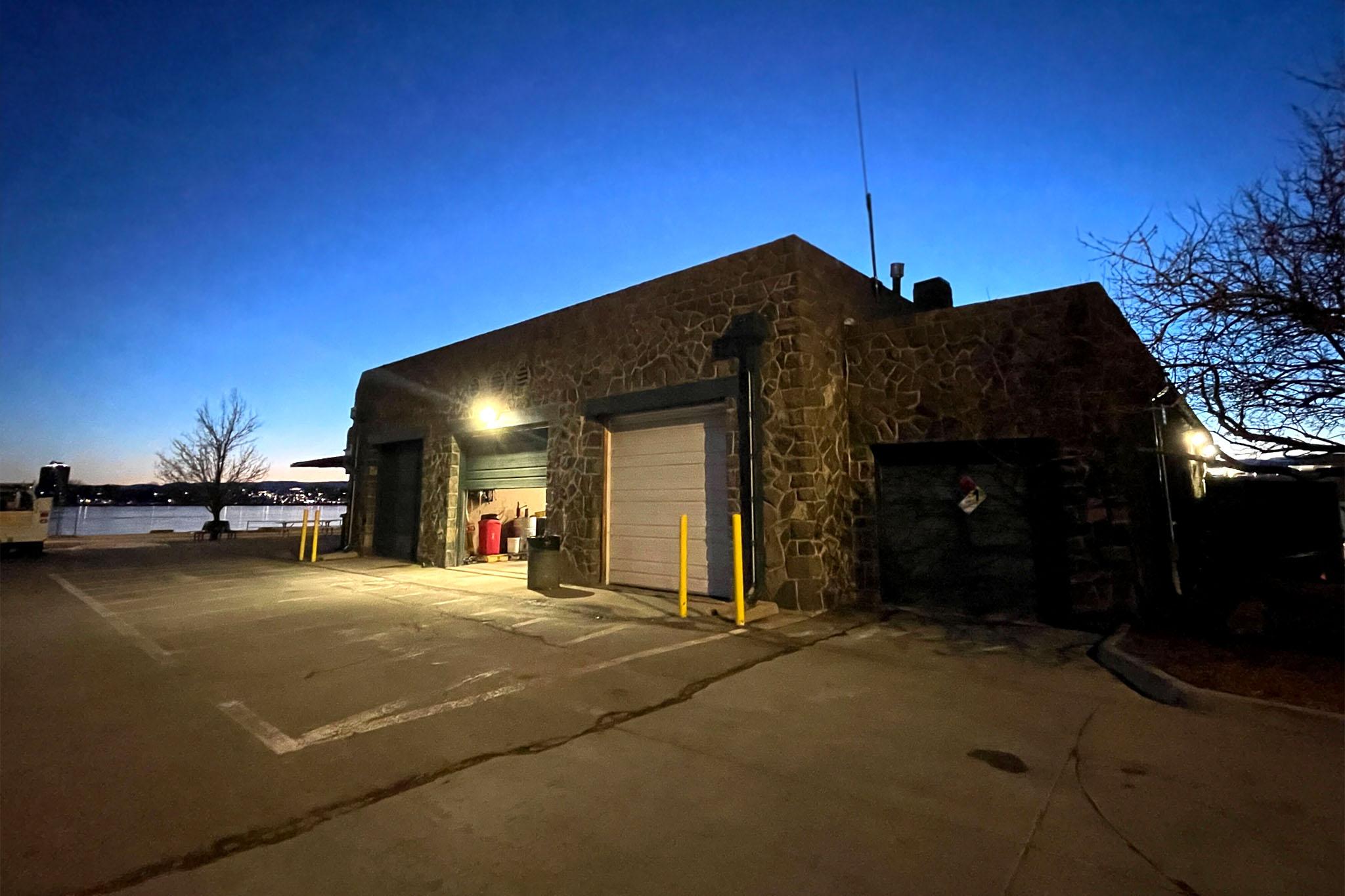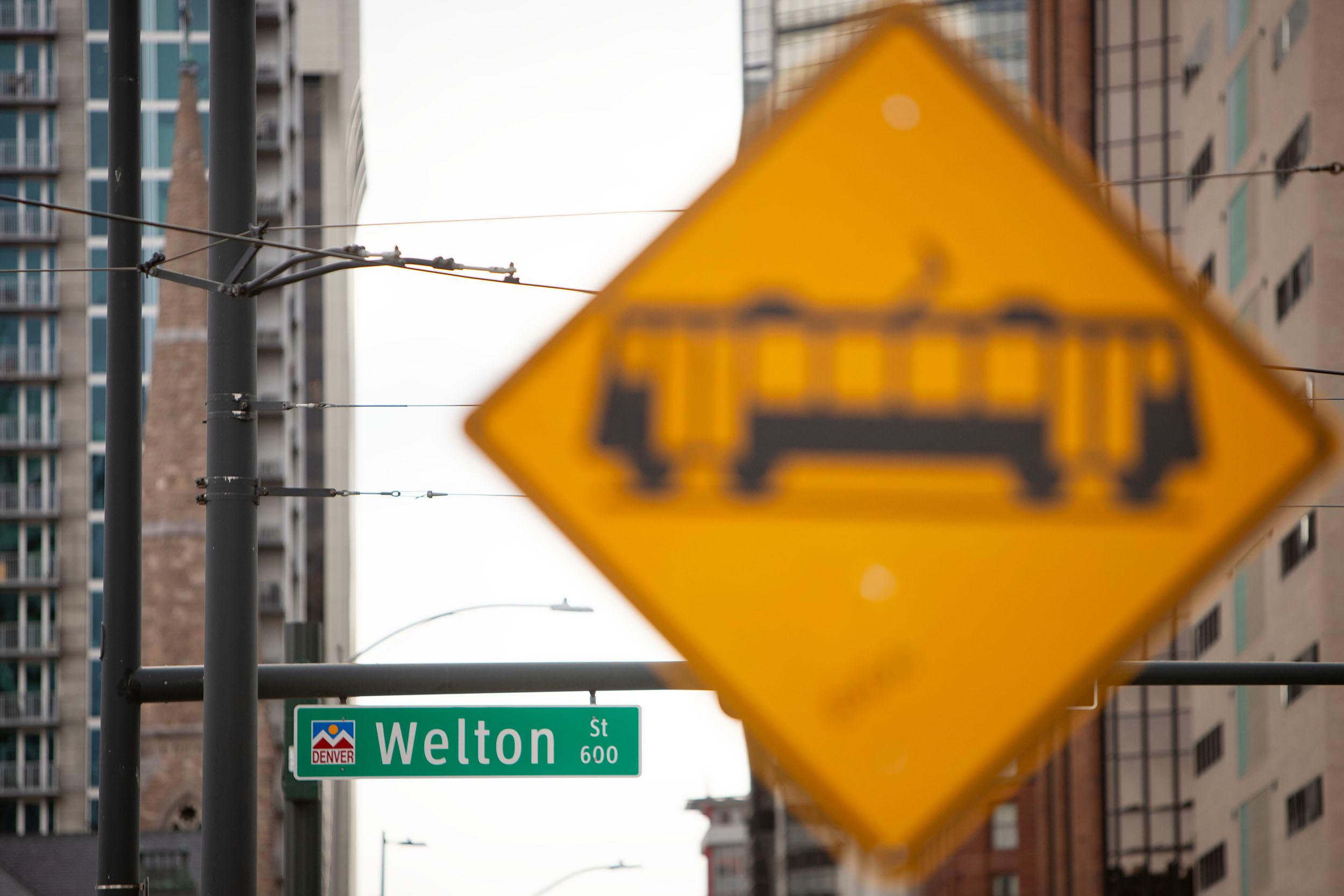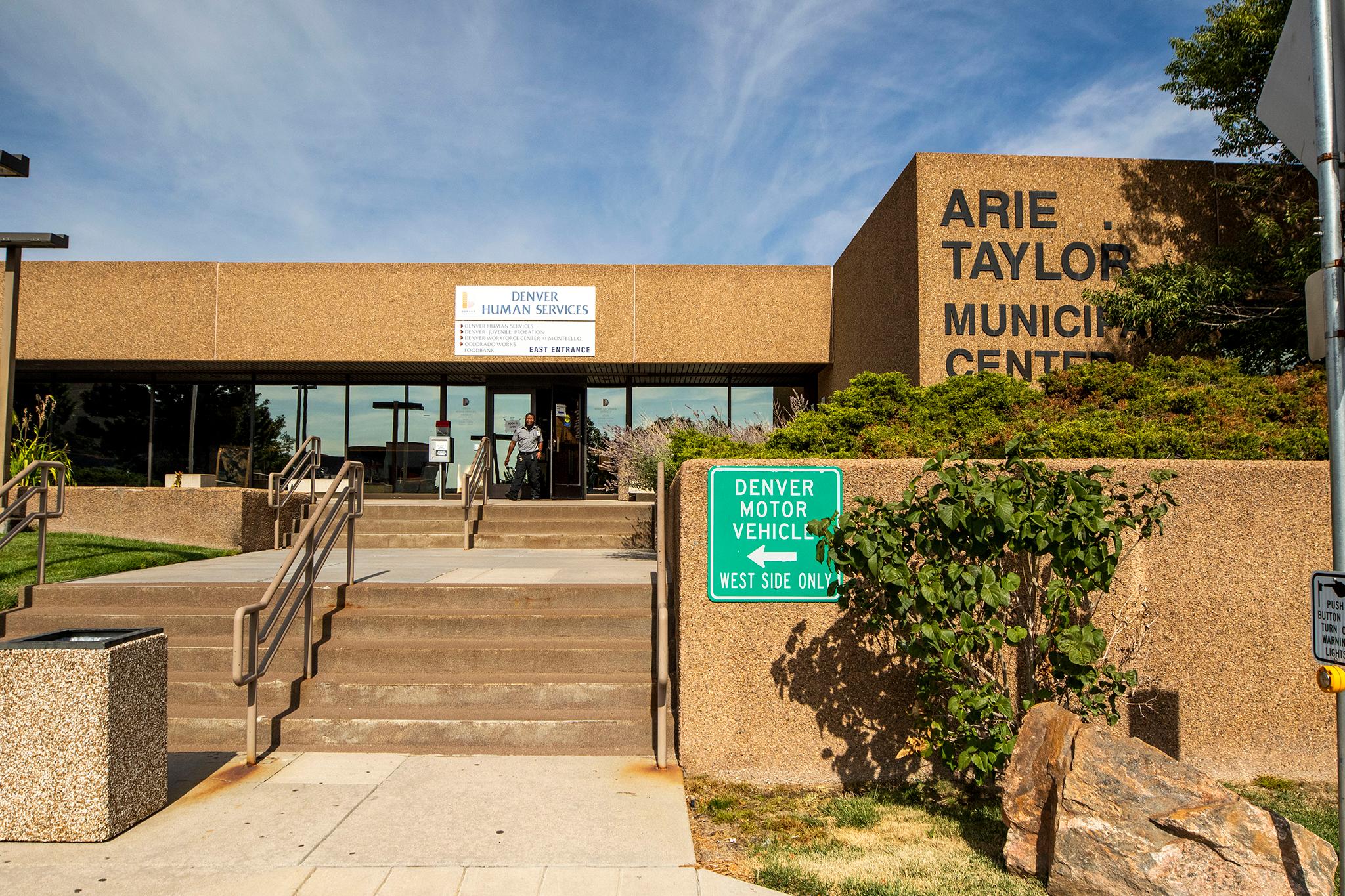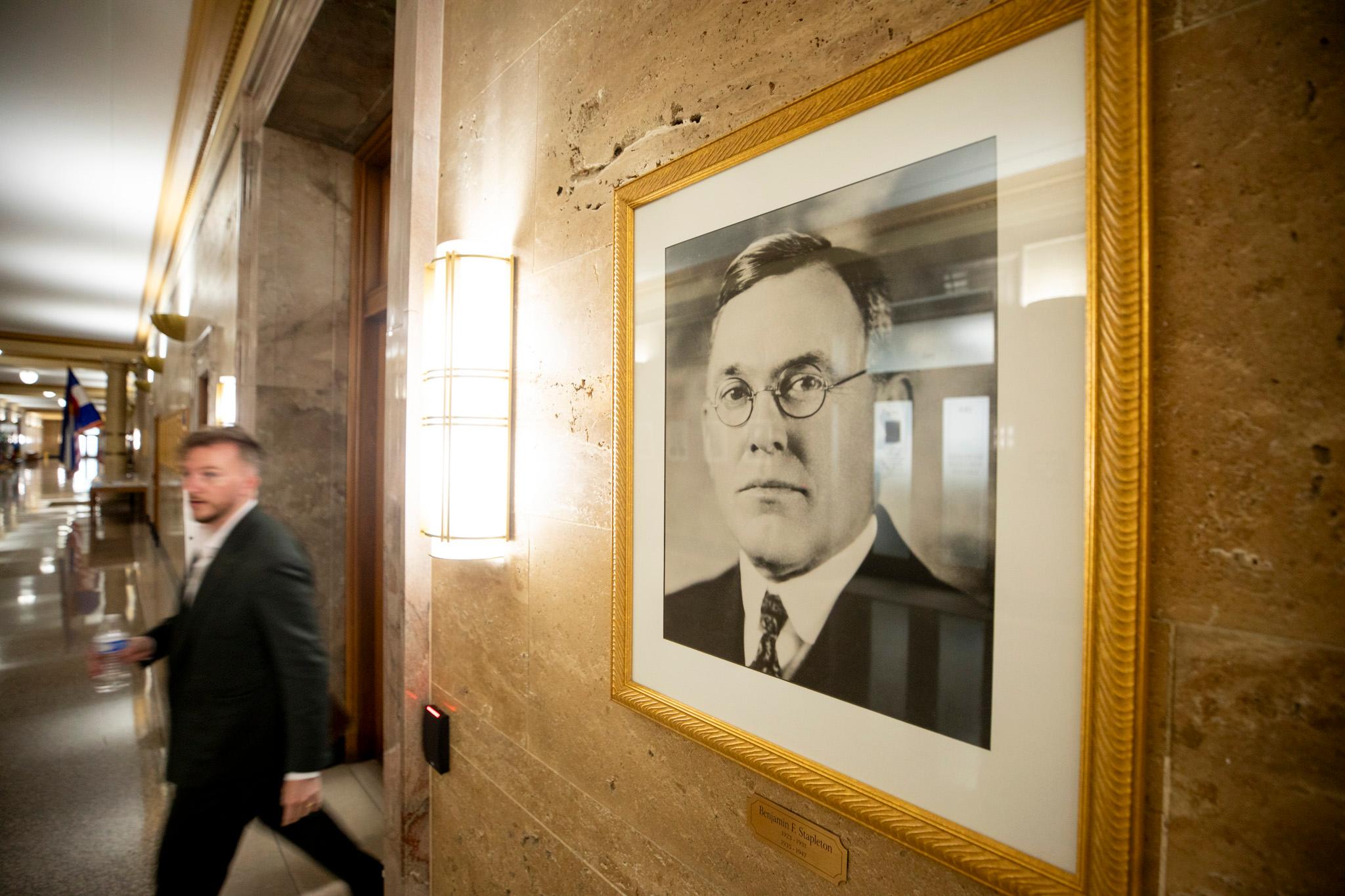For ticket buyers, there are few things more infuriating than hidden fees.
But good news is here – as of Aug. 7, all vendors and resellers operating in Colorado are required to advertise all-inclusive pricing. That means no more fees added to consumers' carts after you select your ticket. What you see is what you pay (before tax, that is).
Colorado’s move to all-inclusive pricing is the result of a package of ticket-related legislation that Gov. Jared Polis signed into law at Red Rocks on June 5.
This consumer protection bill also prohibits:
- Dynamic pricing — when you look at a ticket and it's one price, then you come back later and the same ticket is more expensive
- The use of similar web designs or URLs to trick customers into thinking a reseller is an event’s official page
- Denying people access to an event because they bought a ticket through a reseller
- Refusing to issue refunds if a ticket is not as advertised or does not grant the customer admission to an event through no fault of their own
As a result of HB24-1378, Colorado is “poised to become the nation's gold standard for consumer protection in live event ticketing," said Brian Hess, executive director of Sports Fans Coalition.
Denver Arts & Venues spokesman Brian Kitts added that the legislation “starts to tackle behavior by unscrupulous re-sellers” by providing venues and fans with a legal mechanism to fight back.
What are ‘convenience’ or ‘service’ fees, and where does that money go?
These additional charges are added to the cost of a ticket — allegedly — to cover the cost of related services.
Those related services might include overhead costs, such as ticketing software, credit card fees, and ticket stock; venue costs, like facility fees or staffing expenses; and online or app purchase costs.
Many consumers blame ticketing companies for these add-ons. But according to Storm Gloor, an associate professor in CU Denver’s music program who specializes in the business of music, it’s often major artists who benefit most from these added expenses.
Most people think it's retailers like Ticketmaster adding those fees, he said. But “It's not entirely Ticketmaster's fault that I'm paying that much money as a service charge,” because major artists get a cut of that money – and they have a say in how much those fees are for their fans.
This is not the case for smaller acts playing local clubs and mid-sized venues. All of those service fees go to the promoter or venue.
The Bruce Springsteen tour in 2023 that brought attention to the issue, Gloor said.
We made fake carts to check various retailers’ compliance with the all-inclusive ticket pricing. Here’s what we found.
In a test conducted on the morning of Aug. 7, we found these retailers comply with Colorado’s new law by displaying all-inclusive pricing: Mission Ballroom, Fillmore Auditorium, Paramount Theatre, Ball Arena, and Empower Field — plus Ticketmaster and AXS and major resellers Stubhub and Vividseats.
These retailers, on the other hand, are not yet in compliance: The Perplexiplex at Meow Wolf, Cervantes Masterpiece Ballroom and Cervantes Other Side, Larimer Lounge, Globe Hall, Lost Lake, Temple Nightclub, and the Oriental Theater.











